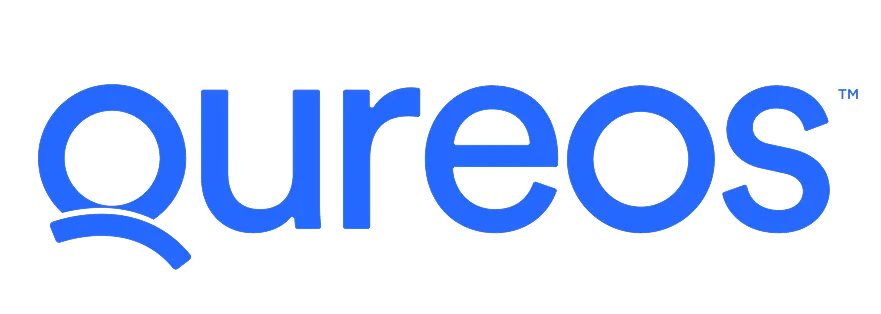Istanbul isn't just a cultural bridge between East and West, it's now becoming a tech powerhouse too. With Turkey's tech market projected to reach $21.7 billion by 2024 and an impressive 11.6% annual growth rate, the country is attracting fast-growing startups, rising VC interest, and global players setting up shop. Turkey's developer market is heating up faster than ever.
But if you're a developer (or a recruiter), you're probably wondering: "What exactly do tech companies in Turkey want in a developer today?"
Let's unpack what really matters in this booming market.
1. Tech Skills Are Just the Starting Line
Turkish tech firms don't just need coders, they want problem solvers. Here's what stands out:
- Solid fundamentals in DSA, OOP, and system design
- Experience in React, Vue, Node.js, or .NET Core
- Mobile frameworks like Flutter or React Native
And increasingly, cloud skills are a huge bonus, especially AWS and Azure.
Most Turkish startups operate lean, so versatile devs who can build and deploy fast are highly valued.
Suggested Read: How to Find a Job in Turkey
2. Agile + Product Thinking = Big Win
Whether it's a fintech startup in Istanbul or a gaming company in Izmir, teams want developers who:
- Understand business impact
- Can work in agile/scrum teams
- Are comfortable with rapid iteration and customer feedback
You're not just writing code, you're building a product. This mindset is what sets senior developers apart in Turkey's fast-paced startup culture.
Also Read: Top In-Demand Jobs in Turkey
3. English Fluency Matters More Than You Think
Even if the company is local, chances are their clients or partners are not. Developers fluent in English, especially written, are:
- Easier to place in client-facing roles
- Considered for remote global teams
- Often promoted faster
So yes, being technically sound is important, but if you can also articulate your ideas clearly, that's a big edge.
Suggested Read: Employment Contracts and Types of Work
4. Portfolios > Resumes
More than ever, Turkish employers want to see what you've built. Whether it's:
- Open-source contributions
- A portfolio site
- Your GitHub commits
- Projects on Behance (for front-end/dev-design roles)
Your actual output matters more than where you studied.
5. Soft Skills + Accountability Are Game-Changers
This may surprise you, but Turkish hiring managers are increasingly screening for:
- Team communication
- Time management (especially in remote roles)
- Responsiveness on Slack or Jira
- Taking ownership of bugs or delays
Technical excellence without accountability is no longer enough.
🙋 Frequently Asked Questions (FAQs)
1. What tech stacks are most popular in Turkey?
JavaScript frameworks like React, Vue.js, and Node.js dominate. On the back end, .NET, Java, and Django are also strong. Mobile development in Flutter and Kotlin is rising fast.
2. Are Turkish companies hiring junior developers?
Yes, but they expect effort. Internships, bootcamps, and GitHub projects are key. Show that you're eager to learn and can take initiative.
Also Read: Termination, Resignation, and Severance Pay
3. Is remote work common in Turkey's tech scene?
Yes, especially post-pandemic. Many Turkish companies now offer hybrid or fully remote options. Some even hire globally, opening doors for devs across the country.
4. What's the hiring process like in Turkey?
Typically:
- Application
- Technical interview or coding test
- Behavioral interview
- Offer (often within 2–3 weeks)
Startups move faster than corporates.
Suggested Read: Occupational Health and Workplace Safety
5. Do international companies hire developers from Turkey?
Absolutely. Turkish developers are known for their work ethic, strong fundamentals, and cost-effective rates, making them highly attractive for remote roles globally.
Final Thoughts: Turkey's Developers Are Going Global
Turkey's tech ecosystem is young, ambitious, and global-ready. The demand for skilled developers is only growing, but so are the expectations.
To stand out, show that you:
- Can code, and solve
- Can speak, and present
- Can build, and ship
That's the developer profile tech companies in Turkey are chasing right now.











